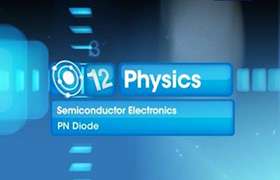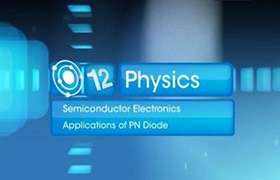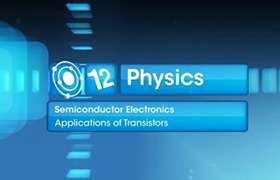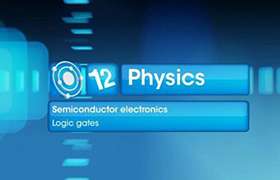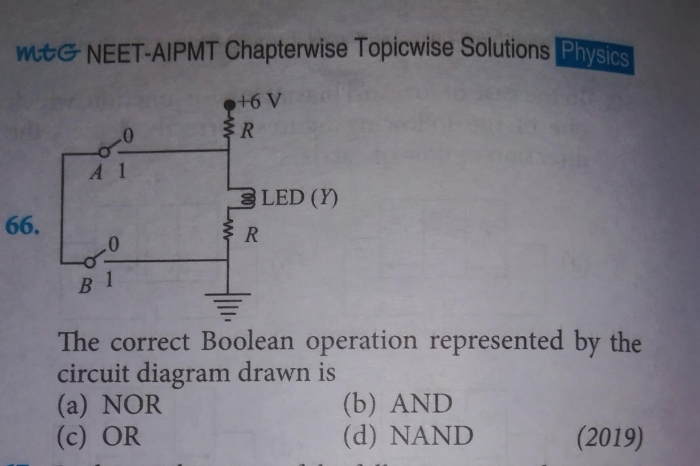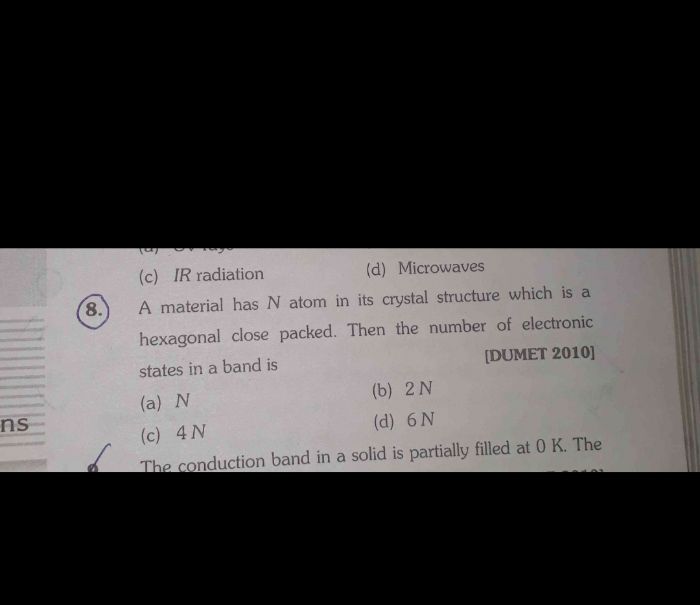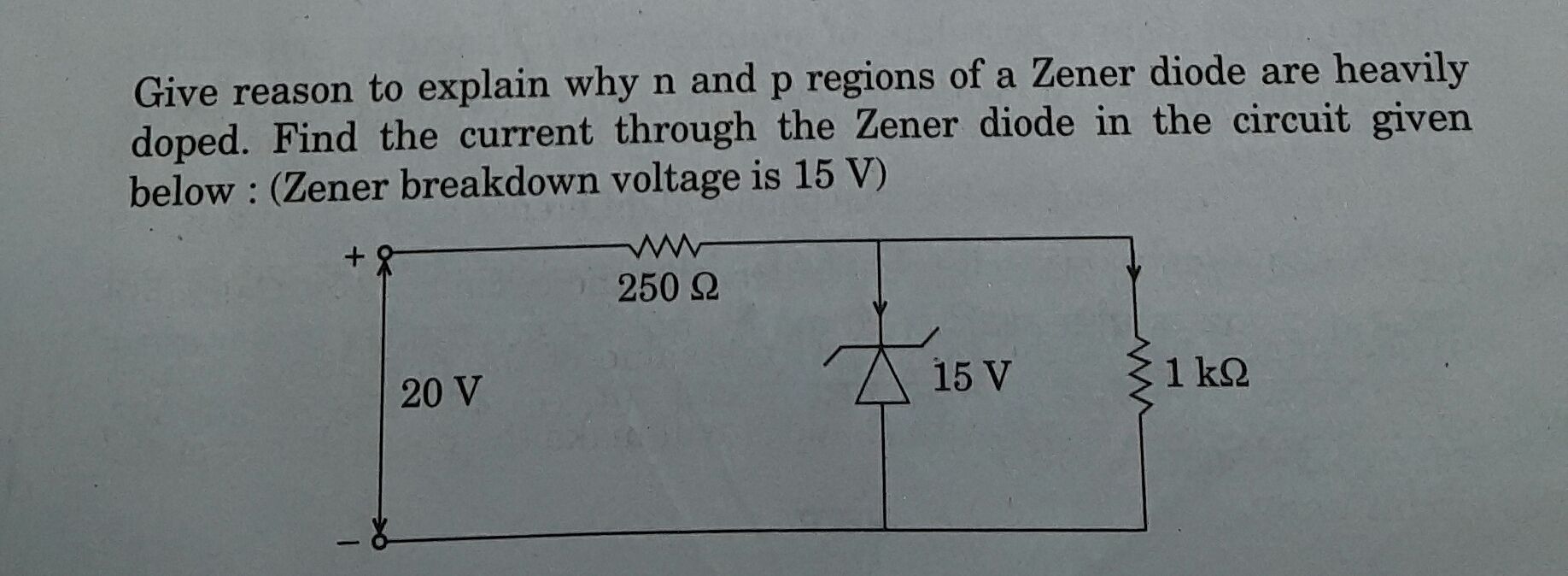CBSE Class 12-science Answered
Because a transistor's collector current is proportionally limited by its base current, it can be used as a sort of current-controlled switch. A relatively small flow of electrons sent through the base of the transistor has the ability to exert control over a much larger flow of electrons through the collector.
Suppose we had a lamp that we wanted to turn on and off with a switch. Such a circuit would be extremely simple.let's insert a transistor in place of the switch to show how it can control the flow of electrons through the lamp. Remember that the controlled current through a transistor must go between collector and emitter. Since it is the current through the lamp that we want to control, we must position the collector and emitter of our transistor where the two contacts of the switch were. We must also make sure that the lamp's current will move against the direction of the emitter arrow symbol to ensure that thetransistor's junction bias will be correct.

A signal, such as music from a CD player, is applied to the inputLet’s examine what happens when such a signal increases thebase voltage by ∆Vin.The emitter voltage is always 0.7V below Vb, so if Vb changes by∆Vin , so does Ve.Thus the emitter current increases by ∆Vin /Re.But Ic=-αIe≅-Ie, so it also increases by ∆Vin /Re.Thus the voltage at the collector will increase by-∆Vin RL/Re (that is, it will decrease)In this case RL/Re is 10, so the circuit amplifiesthe input voltage signal by a factor of -10.In general, the gain is -RL/Re. The negative signindicates that a increase in input voltage leads toa decrease in output voltage.This is an example of an inverting amplifier.
Resonance
Feedback
Hope this helps.

